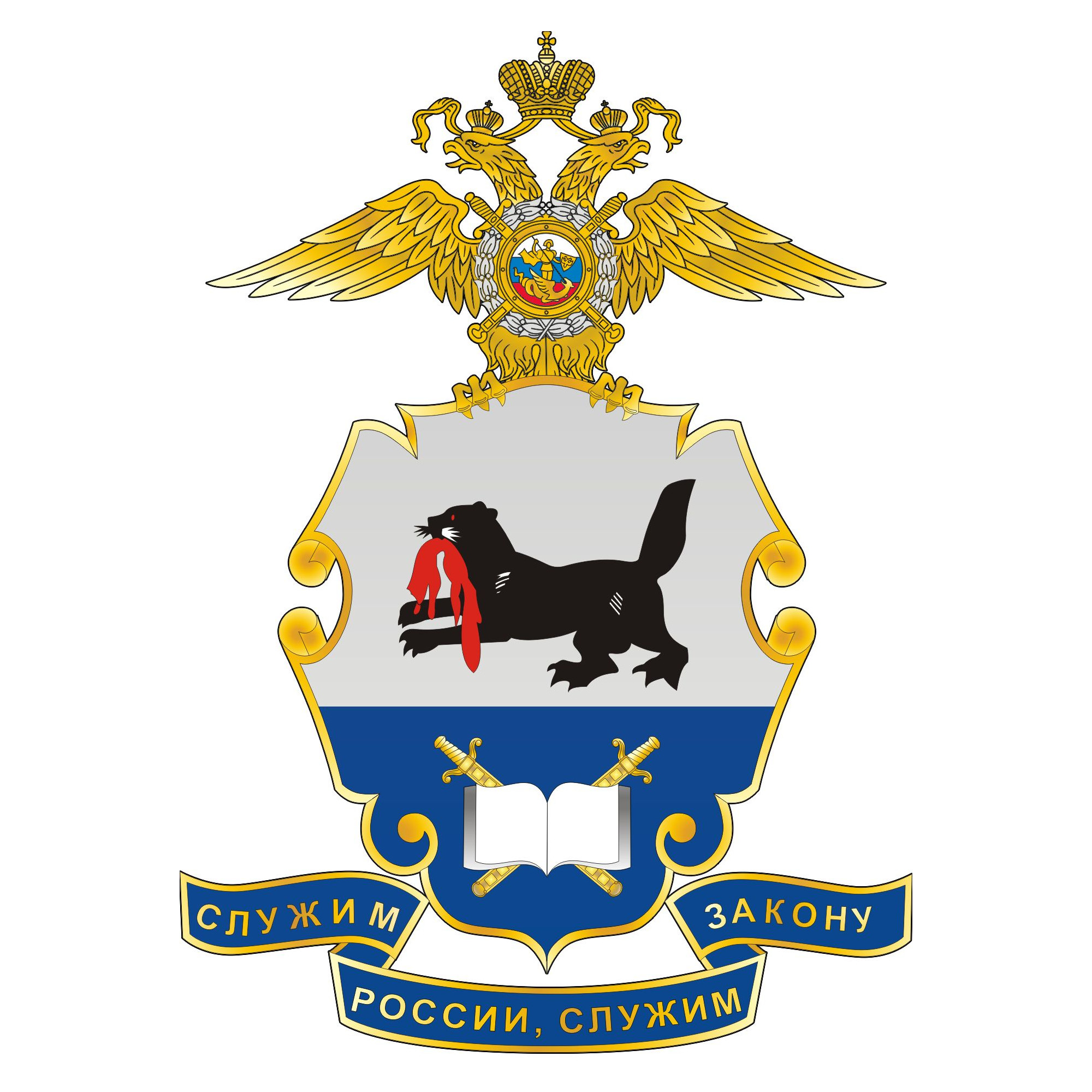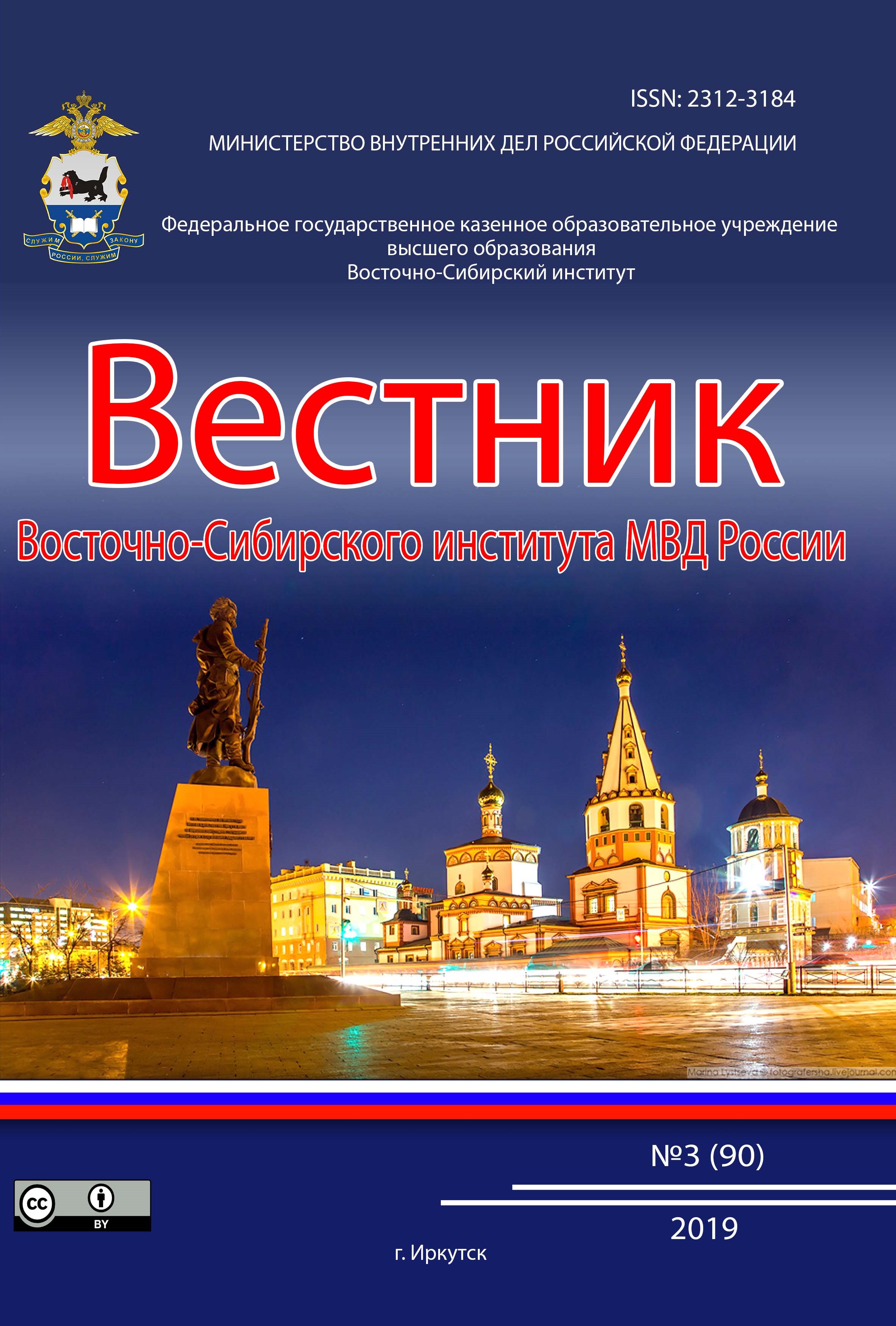Russian Federation
the police, fulfilling the tasks assigned to them to protect public order and ensure public safety, are authorized to apply measures of state coercion (suppression). The established practice of implementing the powers assigned to the police to apply preventive measures does not create problems in their implementation. The reason for this can be considered an informal conditional “agreement” between law enforcement and judicial authorities, it is also possible to believe that on these occasions there have been no precedents for appealing against the actions of officials, but on the legal side, the awareness of some police actions in terms of their use is not consistent with the rules of law or completely unregulated as such “breaks” the integrity of the legislative system and calls into question its fundamental principles, has a negative impact on the formation of scientific doctrine and law enforcement practice. One of the basic principles of the activities of law enforcement agencies in general, and internal affairs bodies in particular, is legality; therefore, any actions must fully comply with the requirements of the law. The lack of legal regulation of elements of the activities of authorized bodies and their officials greatly complicates the assessment of the latter’s compliance with the law, and the existence of rules that require “thinking through” the procedure for their application provokes ambiguity in interpretation and can also be assessed differently when performing supervisory functions over the activities of law enforcement agencies. In the article, the authors make an attempt to systematize preventive measures aimed at finding evidence in cases of administrative offenses, as well as items prohibited for circulation and storage in special premises and institutions for the detention of certain categories of citizens.
preventive measures, administrative activities of the police, inspection activities, administrative offense, personal search, search of things, personal search
1. Ivanova, S. I. Characteristics of administrative measures aimed at detecting instruments or objects of administrative offenses, as well as other items prohibited for circulation [Harakteristika administrativnyh mer, napravlennyh na obnaruzhenie orudij sovershenija ili predmetov administrativnyh pravonarushenij, a takzhe inyh predmetov, zapreshhennyh k oborotu]. Vestnik of the East Siberian Institute of the Ministry of Internal Affairs Russia - Vestnik Vostochno-Sibirskogo instituta MVD Rossii. 2019, no. 2(89), pp. 242–251.
2. Novichkova, E. E. Typical errors made by police officers during proceedings in cases of administrative offenses [Tipovye oshibki, dopuskaemye sotrudnikami policii pri proizvodstve po delam ob administrativnyh pravonarushenijah]. Vestnik of the East Siberian Institute of the Ministry of Internal Affairs Russia - Vestnik Vostochno-Sibirskogo instituta MVD Rossii. Irkutsk: East Siberian Institute of the Ministry of Internal Affairs of Russia. 2022, no. 4 (103), pp. 78–89.
3. Sergeev, M.V., Dizer, O.A. Issues of regulation of inspection and inspection activities carried out by police officers in relation to individuals [Voprosy reglamentacii dosmotrovyh i osmotrovyh meroprijatij, osushhestvljaemyh sotrudnikami policii v otnoshenii fizicheskih lic]. Juridicheskaja nauka i pravoohranitel'naja praktika - Legal science and law enforcement practice. Tyumen, 2018, no. 3 (45), URL: https://cyberleninka.ru/article/n/voprosy-reglamentatsii-dosmotrovyh-i-osmotrovyh-meropriyatiy-osuschestvlyaemyh-sotrudnikami-politsii-v-otnoshenii-fizicheskih-lits (date of access: 12/07/2023).
4. Sokolov A. Yu. Lichnyj dosmotr, dosmotr veshhej, nahodjashhihsja pri fizicheskom lice, kak mery obespechenija proizvodstva po delam ob administrativnyh pravonarushenijah [Personal inspection, inspection of things in the possession of an individual, as a measure to ensure proceedings in cases of administrative offenses]. Sovremennoe pravo - Modern law. 2010, no. 3, pp. 101106
5. Novichkova, E. E. [Witnesses in the administrative process]. Dejatel'nost' pravoohranitel'nyh organov v sovremennyh uslovijah : materialy XIH Mezhdunarodnoj nauchno-prakticheskoj konferencii [ Activities of law enforcement agencies in modern conditions: materials of the 19th International Scientific and Practical Conference, Irkutsk, May 29–30, 2014]. Irkutsk, 2014, pp. 301–306.
6. Kozlova, N. Supreme Court: In what cases can a police officer be invited as a witness / Rossiyskaya Gazeta: website. URL: https://rg.ru/2022/01/17/verhovnyj-sud-v-kakih-sluchaiah-policejskogo-mozhno-priglashat-poniatym.html (access date: 11/22/2023).
7. Winter, A. VS ob#jasnil, kogda policejskij mozhet stat' ponjatym [VS explained when a police officer can become a witness]. Pravo.ru Avto - Pravo.ru Auto: website. URL: https://pravo.ru/auto/story/222512/ (access date: 11/22/2023).
8. Kozlov, V.V. Personal search as an alternative to conducting a personal search before the initiation of a criminal case [Lichnyj dosmotr kak al'ternativa proizvodstva lichnogo obyska do vozbuzhdenija ugolovnogo dela]. Jurist#-Pravoved# - Jurist-Pravoved. Rostov-on-Don. 2020, no. 2 (93), pp. 138–142
9. Rossinsky, S. B. Chto takoe lichnyj obysk pri zaderzhanii podozrevaemogo: sledstvennoe dejstvie, neprocessual'noe meroprijatie ili pustaja formal'nost'? [What is a personal search when detaining a suspect: an investigative action, a non-procedural event or an empty formality?]. Sudebnaja vlast' i ugolovnyj process - Judicial power and criminal procedure. Voronezh. 2017, no. 1, pp. 80–91.











